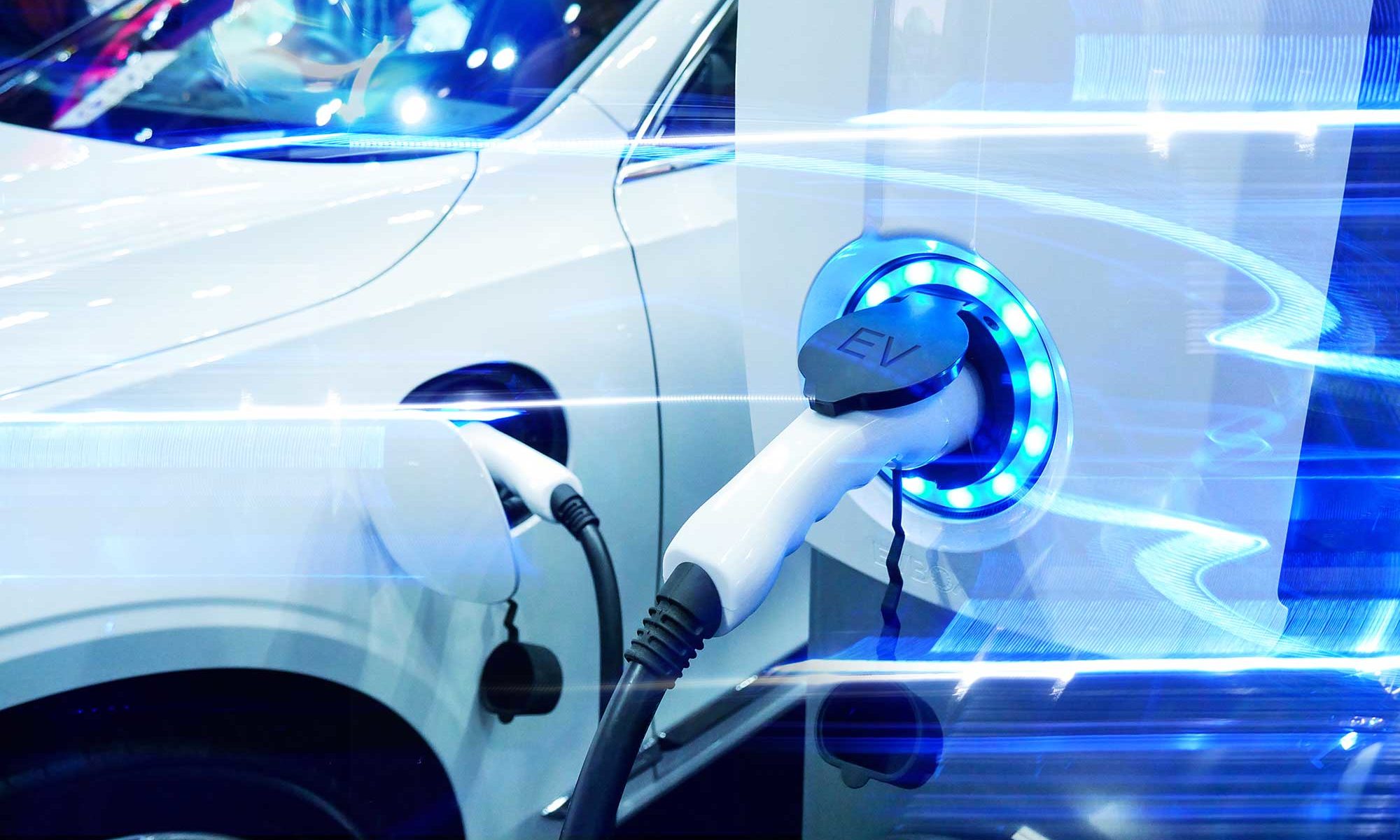This is stated by Prof. Dr.-ing. Thomas Willner of the Hamburg University of Applied Sciences and Dr. Armin Günther, Head of Innovation and Development of Air Liquide in an open letter to the European Commission. The letter was signed by about 200 European scientists. They believe that the commission is violating the principle of technology neutrality by unilaterally opting for electric transport, without being transparent about this and without looking at the actual reduction in greenhouse gas emissions this will bring along the entire value chain, including the necessary installation of new infrastructure. “Based on the available scientific studies, we rather conclude that electromobility in the period up to 2030 (…) will not lead to significant greenhouse gas reductions along the entire value chain, and is therefore excluded as a climate protection measure in the medium term.”
Willner and Günther point to the greatly increased CO2 emissions from the construction of battery-electric vehicles, the large share of fossil fuels in electricity production that will remain for a long time and the enormous costs of building new infrastructure for charging points. Another factor is that electromobility does not bring any new renewable energy into the system; indeed, the transport sector would take up so much of the available renewable electricity capacity that this would compete, for example, with the need of industries to become more sustainable through electrification.
More effective solutions
The signatories of the open letter believe that other solutions will be more effective in reducing emissions, such as sustainable alternative fuels (including green hydrogen and biomethane) that can immediately reduce greenhouse gas emissions from the huge existing vehicle fleet, without the need to build an entirely new infrastructure.
Such alternative fuels include not only the biofuels currently on the market, but also advanced biofuels produced from wastes and residues from agriculture, forestry, the wood industry, the food industry, alternative fuels based on non-biogenic waste, such as plastic waste, as well as electricity-based fuels, the so-called PtX (Power-to-X) fuels or e-fuels and highly efficient hybrids, i.e. fuels based on both residues/wastes and electrical energy.
The writers of the letter therefore demand that the European Commission does not favour electric transport in new legal regulations, but creates a level playing field for all options.
The open letter to the European Commission can be found in the attachment (pdf).
Image: buffaloboy/Shutterstock



